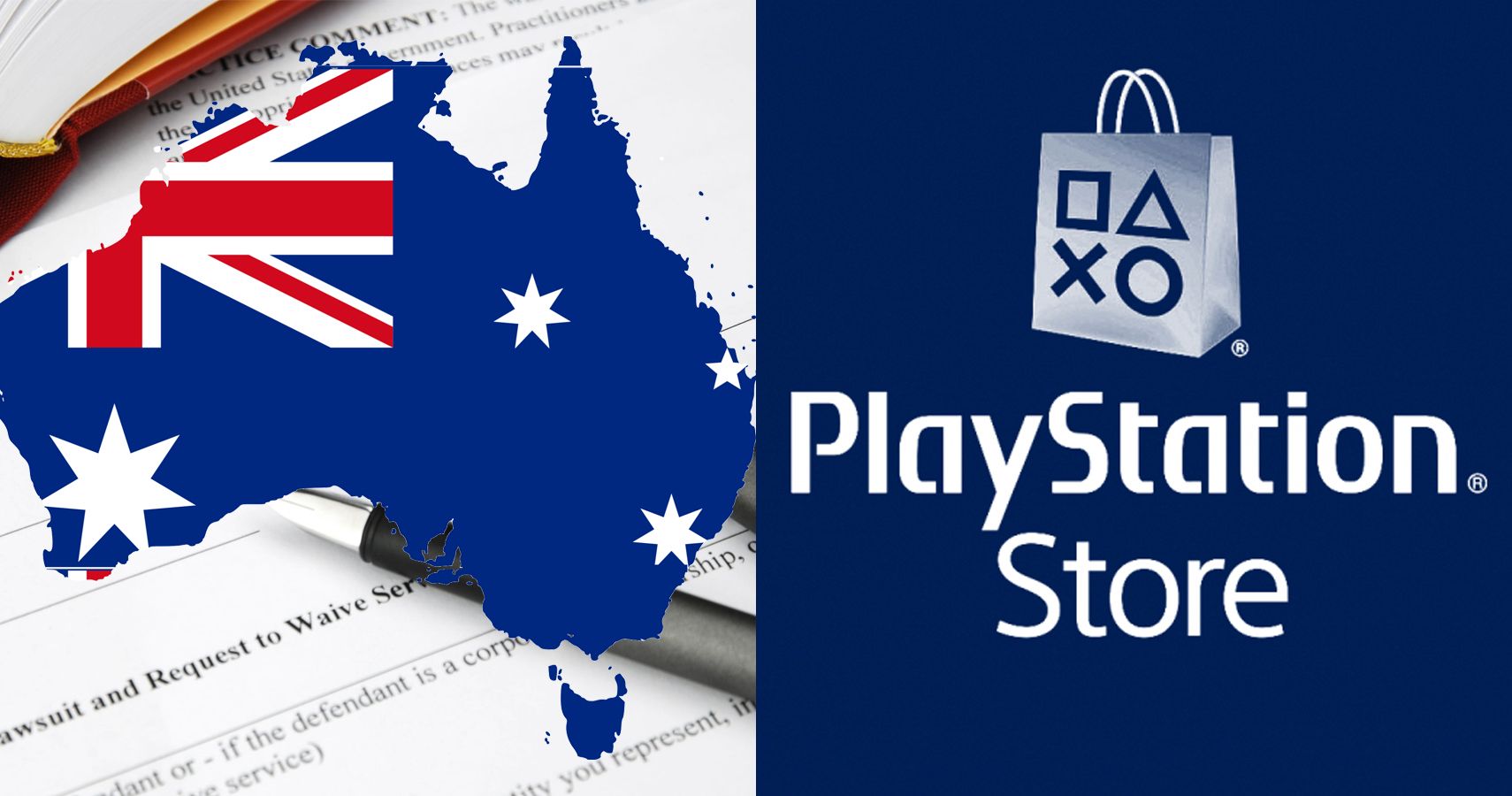Australian Competition and Consumer Commission (ACCC), an independent authority of the Australian government, is suing Sony due to its recent return policy.
This doesn't come as too much of a surprise given that Sony has continued to expand internationally and is therefore bound to have instances where its policies don't match up with government regulations in different countries. While it does provide some variation based on a person's location, the main point of contention seems to stem from a user's ability to request a refund on a faulty PlayStation game. Currently, PlayStation's store policy dictates that users are free to request a refund of all downloaded or digital products, provided they do so within 14 days of purchase and have not downloaded or streamed the content. However, Australian law doesn't follow this time-frame.
Since Steam has had similar legal issues in the past, it is a bit odd that Sony didn't plan for this kind of problem ahead of time. Considering that its return and refund policy has been put under the microscope in recent years by media outlets and consumers alike, it stands to reason that Sony should have already changed its policy to reflect government laws in each respective country. While it's likely that Sony will simply retroactively correct this mistake, it does put others in the industry on notice and will perhaps lead to multiple return policies being updated.
According to Tech Radar, the problem started when Sony began saying that it would not issue a refund on digital products or downloads that had been purchased past the 14-day period to Australian consumers in late 2017. Additionally, Sony broke the Australian Consumer Law by stating that it would only issue a refund via store credit and that game developers must admit that their game was faulty. The ACCC then accused Sony of providing Australian customers with inaccurate information, saying that, according to the law, consumers had the right to a refund when a game if it didn't meet their expectations.
While this isn't the first time that the ACCC has taken action, it does put extra pressure on companies to provide a more transparent return policy that is subject to change based on each customer's location. While universal return policies are designed with the interest of fairness in mind, this latest action could spell an end to the practice altogether. Win or lose, Sony will have to change its policy if it wants to avoid being sued by individuals later under the same premise.
Though it's good that governing bodies like the ACCC are looking out for their consumers, it's obvious that there should be safeguards in place to ensure that consumers don't simply take advantage of the system. The Australian government needs to work with Sony to create a policy that benefits both the seller and consumer.


